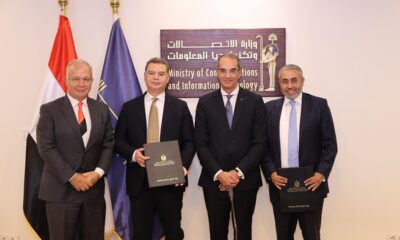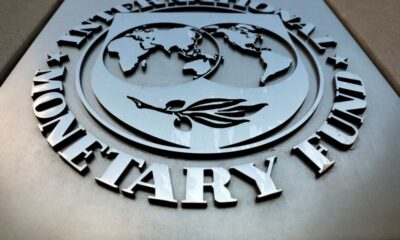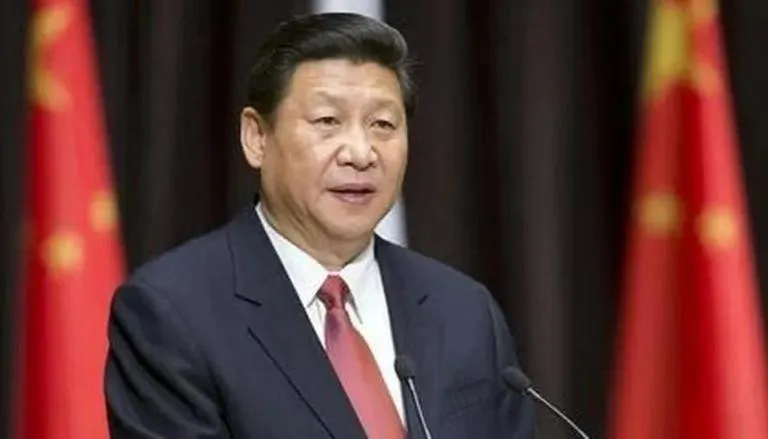Musings From Abroad
Teacher facing death penalty in Egypt granted asylum
Musings From Abroad
Brazilian meatpacker JBS invests $2.5 billion in Nigeria, builds six facilities
Musings From Abroad
China’s Xi meets with Morocco’s Crown Prince
-

 Metro1 day ago
Metro1 day agoNigerian Senate confirms influx of terrorists from Mali, Burkina Faso into the country
-

 Musings From Abroad1 day ago
Musings From Abroad1 day agoFinnish court imprisons Nigeria’s Simon Ekpa for aiding terrorism
-

 Metro1 day ago
Metro1 day agoZambia: APP leader lampoons PF over pledge to reverse forfeited properties
-

 Sports1 day ago
Sports1 day agoGhanaian winger Fatawu out for season with ACL injury




























